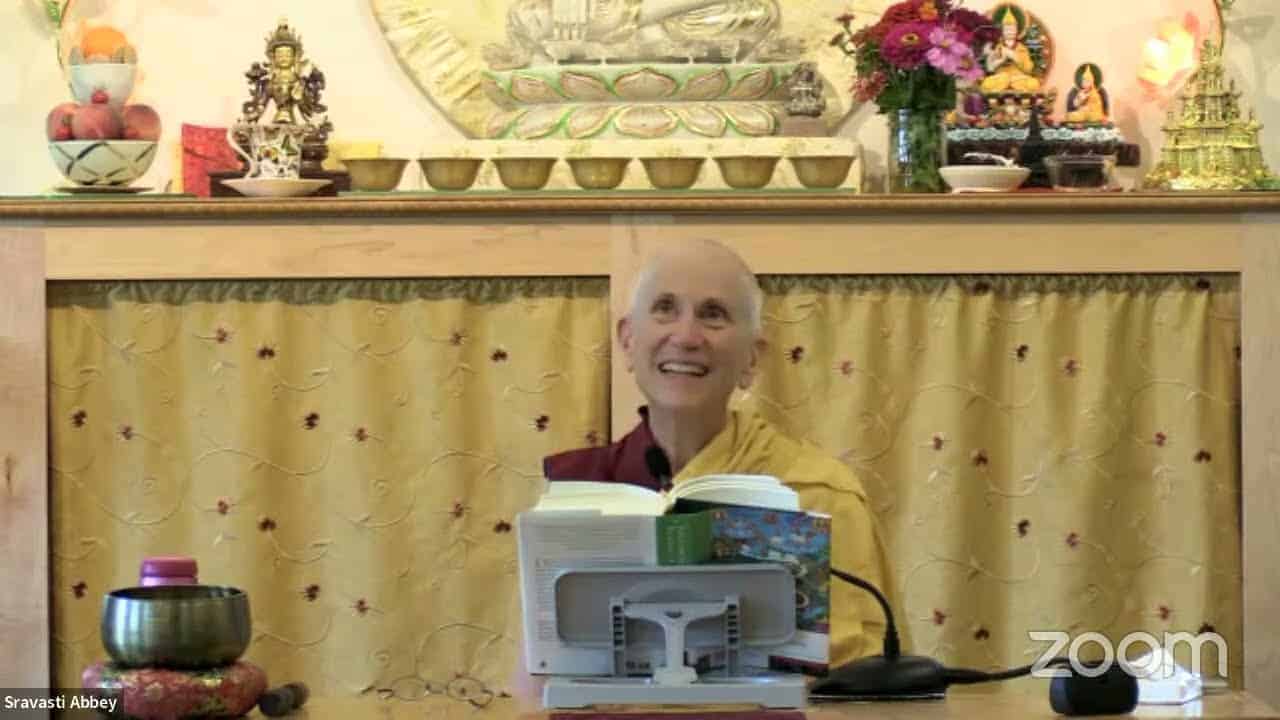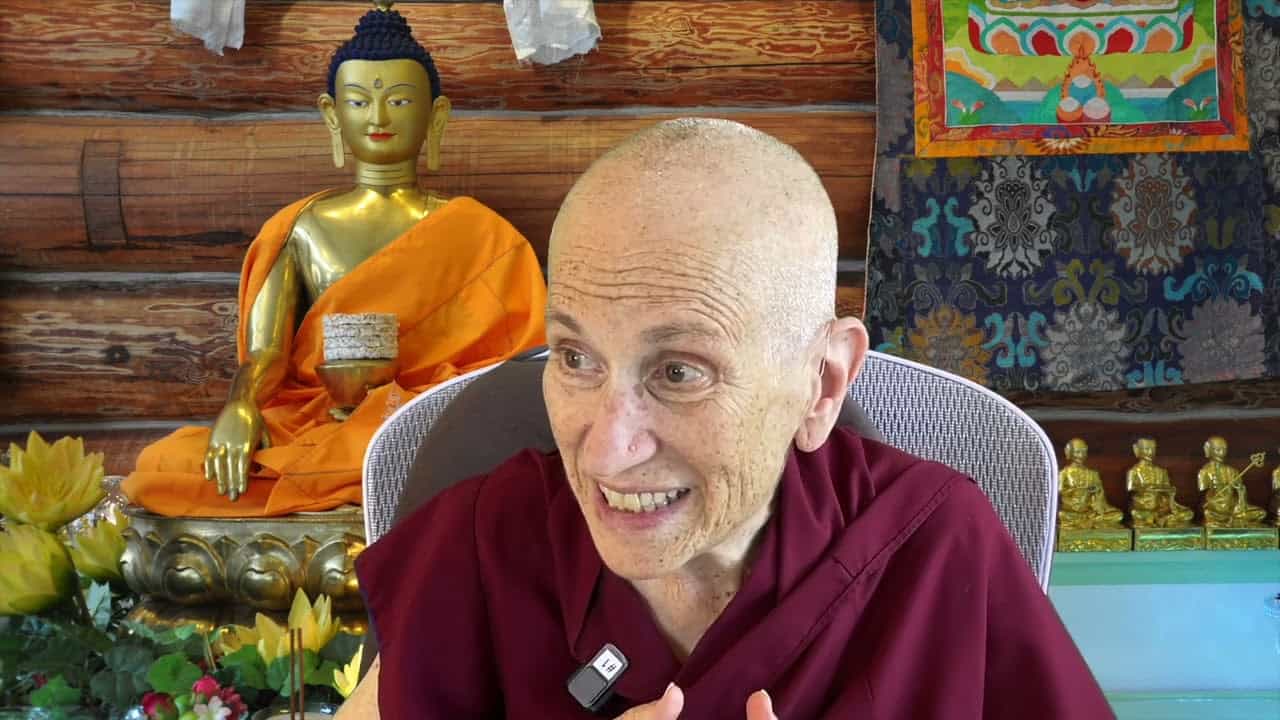Trauma and recovery

Albert, an incarcerated person who is a longtime Dharma practitioner, wrote this reflection on trauma and recovery. He just completed a BA at The College at Southeastern: see a photo of him in his cap and gown here (his pic is in the lower left of the page). We rejoice at his accomplishments!
Have you heard of the A.C.E.(Adverse Childhood Experience) questionnaire, which has ten specific questions dealing with trauma? It began with Dr. Vincent Felitti and another doctor, who were doing research on morbidly obese patients with compulsive eating habits. When the doctors began to learn about each patient, they found that the majority were traumatized as children. As a result of this discovery, the research became just as much focused on traumatic events as it was on compulsive and dangerous eating habits.
I have experienced six ACEs and have certain triggers due to my past traumatic events. Mindfulness has helped me overcome one of these habits. My stepfather would strike me often. It came to a point where all he had to do was raise his arm and I would flinch, crouch on the ground, and prepare for the impact. Sometimes I would even fall to the floor without being struck. It was embarrassing when, in public places, someone would raise their hand and I would respond in the same way as I did to my stepfather.
While in prison, I decided to help myself deal with this problematic response after I responded two times to my Floor Supervisor raising her arm by flinching and falling to the floor. I decided to be brave and explain my awkward reaction to her. I reassured her with a smile that I would work on myself and allow myself to let go of that long-held reaction. Now, there are rare occasions when I may flinch, but they are few and far between.
I believe that “trauma” is often misunderstood and the word is overused. Trauma definitely involves physical and/or psychological damage which manifests in the long term. I think that trauma is over diagnosed, over medicated, and it can stunt people from dealing with ordinary unpleasant occurrences in life. For example, My sister told me that she and her three boys all have ADHD. When I asked if a doctor had diagnosed the family, she said that she knew it. But no one had examined and diagnosed them.
It seems to me that trauma and PTSD are rampant in affluent nations (I’m not negating the PTSD suffered by those who have been in combat, lived in war zones, been severely beaten, or repeatedly verbally denigrated or mistreated as kids, and so forth) while those in war-torn countries don’t have the peace and privilege to get stuck in that form of mental suffering.
Thank you for your assessment on how I managed my trauma. I feel that most people have it within them, with some form of guidance, be it religious or clinical, to overcome those harmful triggers, ruminations, and outbursts. When we take the initiative and habitually use healthy options, our brains create new neural pathways. In time the myelination of the axons becomes just as strong, and then stronger compared to reactions due to previous events.
Albert Ramos
Albert Gerome Ramos was born and raised in San Antonio, Texas. He has been incarcerated since 2005 and is currently enrolled in the North Carolina Field Minister Program. Upon graduation he plans to start programs that help incarcerated people with mental health issues, drug dependency, and those who struggle from childhood trauma. He is the author of the children's book Gavin Discovers the Secret to Happiness.


